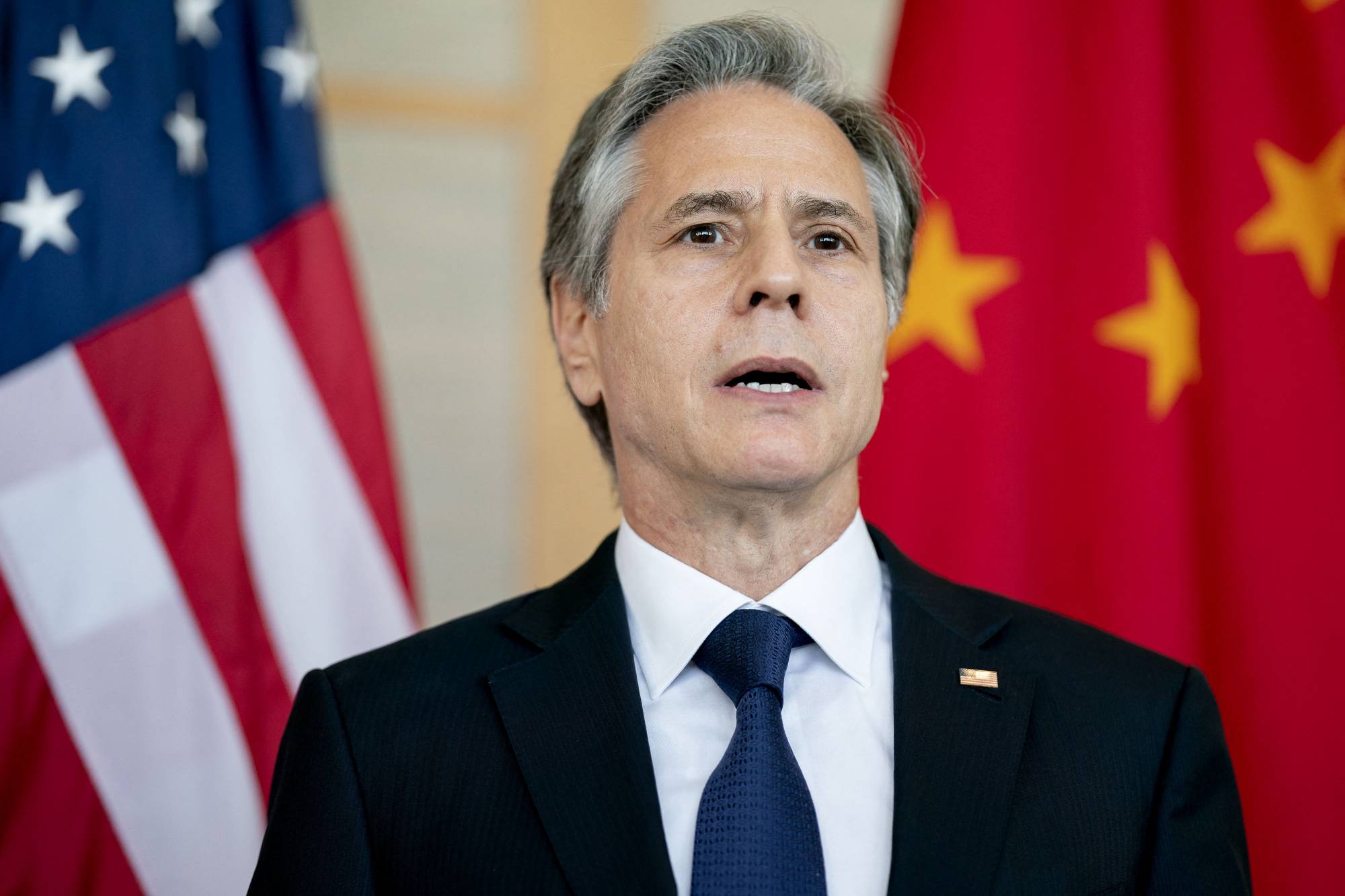Washington’s decision to postpone the highest-level visit by a U.S. official to Beijing in five years jeopardizes momentum toward stabilizing ties amid concerns over the trajectory of the two powers’ relationship.
On Friday, U.S. Secretary of State Antony Blinken put the hotly anticipated visit on ice after a suspected Chinese spy balloon was tracked flying over the U.S. in what Washington called a "clear violation" of U.S. sovereignty. The White House said Blinken’s visit, which had been expected to begin over the weekend, would not be appropriate “at this time.”
China’s Foreign Ministry on Saturday offered up a rare statement of regret that “a civilian airship used for research, mainly meteorological, purposes” had strayed into U.S. airspace. However, it lambasted politicians and media in the U.S. for hyping the issue “to attack and smear China.”


















With your current subscription plan you can comment on stories. However, before writing your first comment, please create a display name in the Profile section of your subscriber account page.